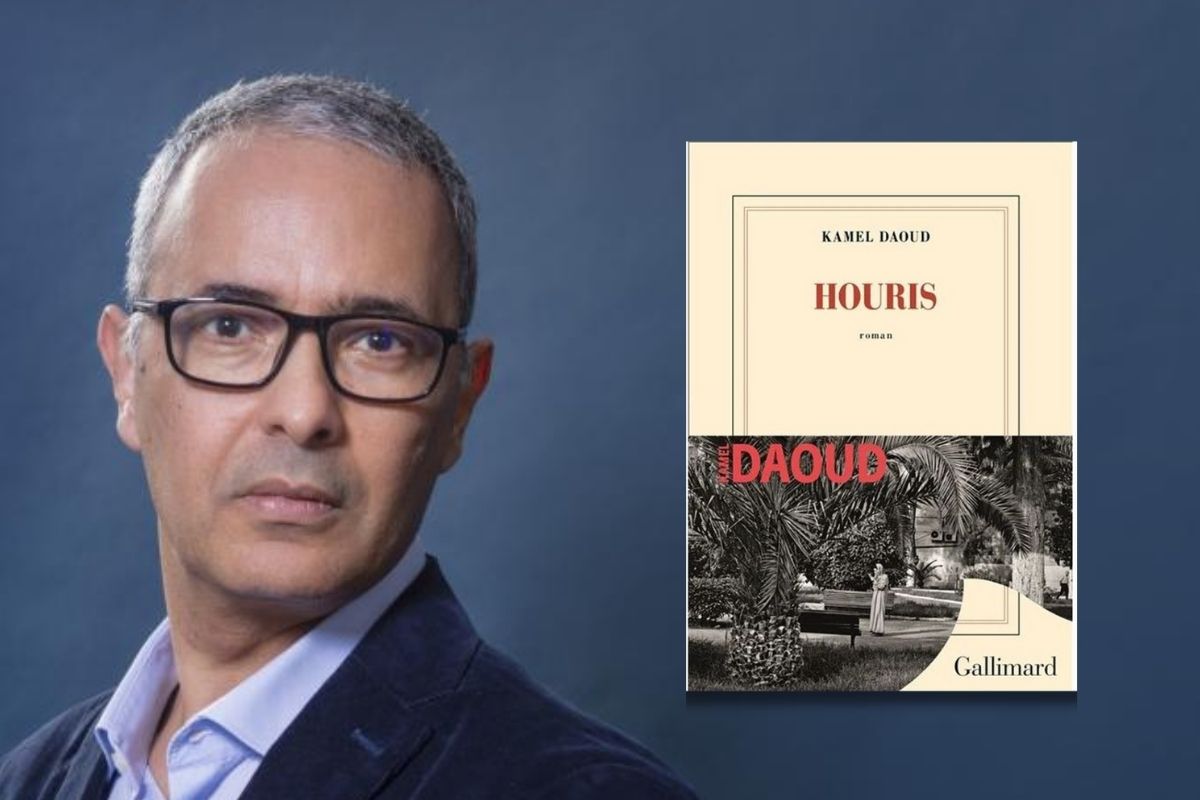One of France’s most prestigious literary awards, the Prix Goncourt, was awarded to Algerian writer Kamel Daoud. In his novel published by Gallimard, Daoud delves into Algeria’s civil war period from 1992 to 2002, known as the “Black Decade.”
The main character, Aube, lost her family during her childhood and suffered severe injuries herself; she continues to bear the physical and psychological scars of these traumas. As ‘Houris’ portrays Aube’s journey to confront her past and break her silence, it also delves into collective memory of Algerian society regarding this challenging era.
Banned in Algeria
The novel could not be published in Algeria due to laws prohibiting any books that address the 1992–2002 civil war. Daoud expressed his gratitude to France, describing it as a country that “protects writers and grants them freedom of expression.”
Women’s Suffering
The President of the Goncourt Academy, Philippe Claudel, described ‘Houris’ as a work that combines tragedy with poetry, highlighting its sensitivity to the suffering experienced by women. Claudel added, “This novel reveals how literature, parallel to the historical narrative of the people, offers an alternative memory path with a strong sense of freedom and intense sensitivity.”
Kamel Daoud, an influential figure in contemporary literature and journalism, is known for his candid stance on issues such as Algeria’s independence, secularism, the impact of religion on society, and free thought. In 2018, he also wrote a very strong and direct letter to President Recep Tayyip Erdogan prior to a planned visit to Algeria, criticizing Turkey’s freedom policies.







